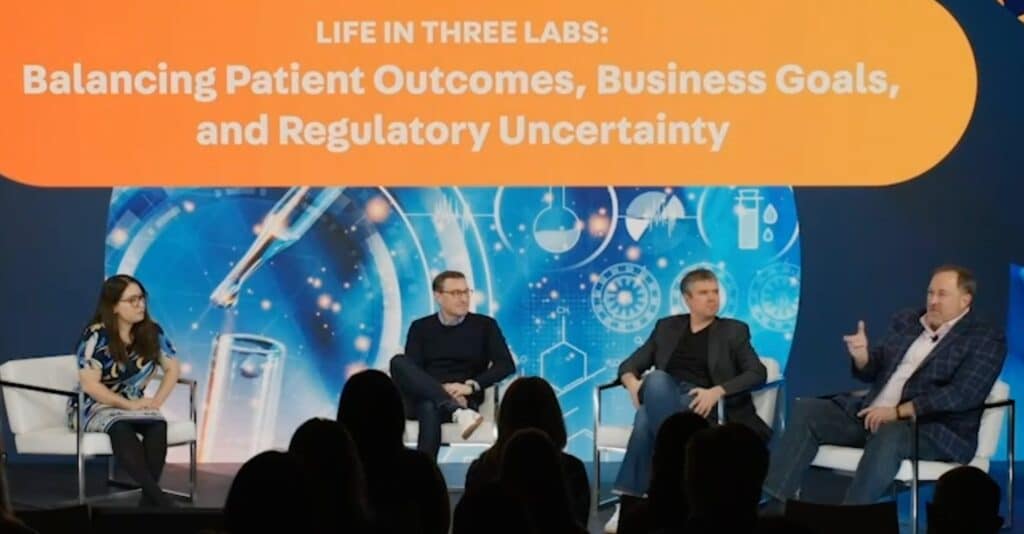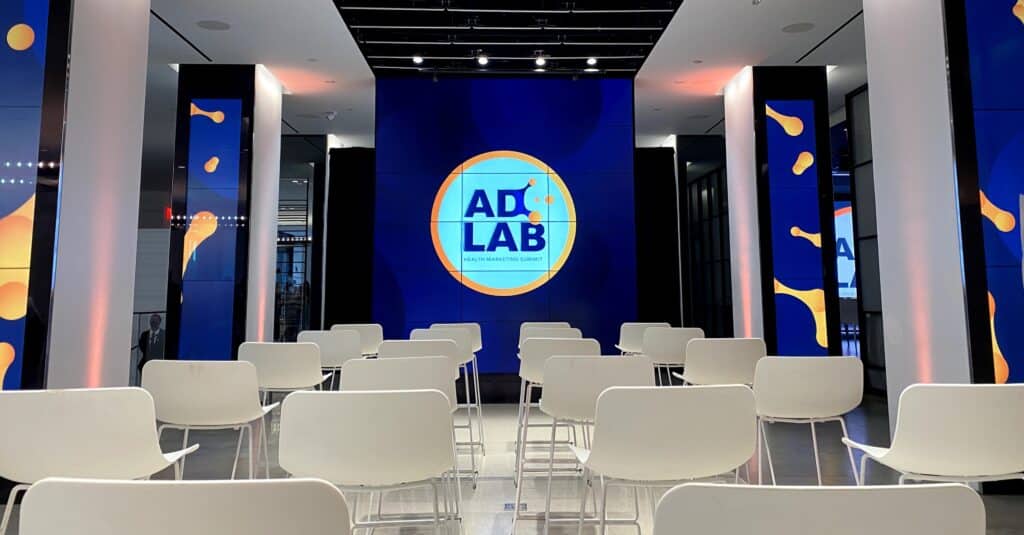Commonly abbreviated as DSPs, demand side platforms connect to many supply side platforms, where digital advertising is bought and sold in real-time through automated auctions. A previous DeepIntent Deep Dive covered what a DSP is and what to look for when selecting one. Today, we’re going to go more specific and answer the question, “What is a healthcare DSP?”
Last year, pharma companies were estimated to have increased their spend on healthcare DSPs 3-4X faster than their generic counterparts. Not long ago, there was no such thing as a healthcare DSP. But companies built them because generalist DSPs, which serve a wide range of advertising verticals, don’t necessarily meet a healthcare marketer’s complex needs.
Data Sets a Healthcare DSP Apart
Chief among healthcare marketers’ unique concerns are strict federal regulations around health data, which exist inside a massively fragmented ecosystem. Healthcare accounts for 30% of the world’s data volume, and more of that data is increasingly moving online.
A healthcare DSP must prioritize measures that mask individuals’ identities while still preserving the value of precise audience targeting. Companies can achieve that by having the platform evaluated by an independent healthcare data compliance and certification company. This process ensures the platform has met HIPAA de-identification standards.
While HIPAA doesn’t apply to healthcare professionals (HCPs) in the same way, the right healthcare DSP is just as important for marketers looking to reach them. That’s because “health data” also refers to diagnosis and procedure codes, prescribing behavior, specialty, and so on.
Working with generalist DSPs, marketers often have to plan their HCP campaigns using multiple platforms. Connecting data from one platform to the next causes about 30% data loss. This limits the effectiveness and efficiency of reaching HCPs, whose datasets are far more specific than their consumer behavior.
Pharma-Focused Measurement and Optimization
Detailed campaign performance reporting is crucial for all advertisers. As such, most DSPs track and attribute various conversions. However, typical media KPIs such as clicks and impressions are not enough for healthcare marketers. While those metrics can demonstrate a campaign’s reach, they don’t represent its real-world impact.
Timeliness is an essential part of measurement. By understanding campaign performance in real-time, marketers gain actionable insights rather than receiving a report filled with “nice-to-know” data months later, by which point the campaign may be over.
Platform-generated optimizations help. DSPs typically have algorithms that do the heavy lifting, optimizing campaigns toward success metrics. A healthcare DSP should measure and optimize toward pharma-specific metrics, including:
- Audience quality, which is defined as the number of unique relevant patients exposed to a brand’s message.
- Script performance, such as total prescriptions filled (TRx), including refills and renewals, and new prescription starts (NPS).
- Cost-per-verified patient, which refers to the amount of money a brand spent to reach a unique individual who meets their relevant patient criteria as defined by a medical and/or pharmacy claims code.
Click here to learn why DeepIntent Founder and CEO Chris Paquette predicted that 2022 will be “the year of the healthcare DSP.”


